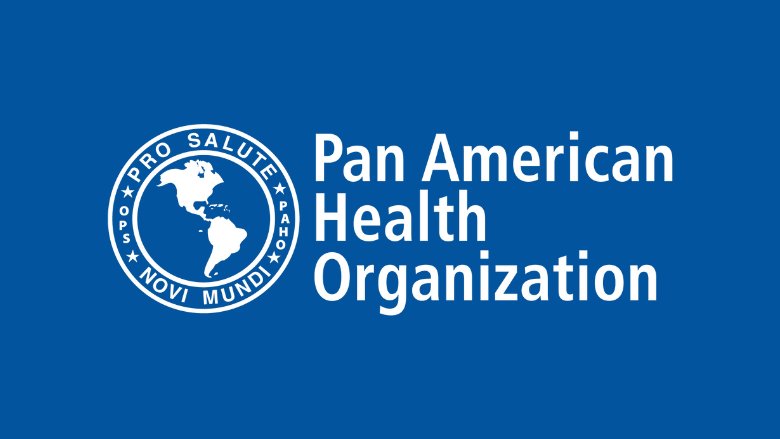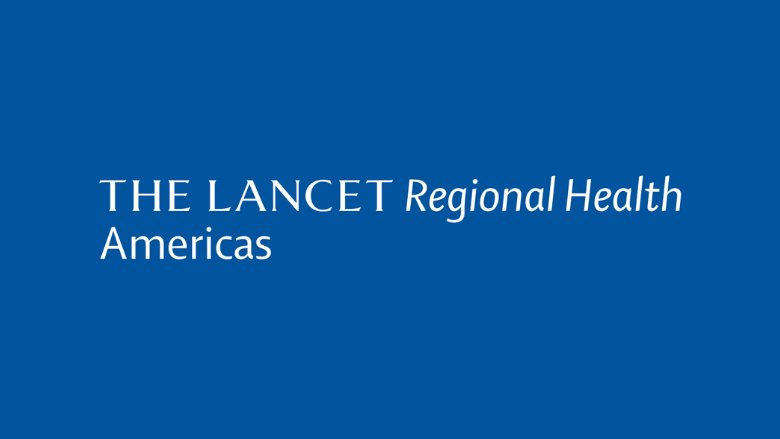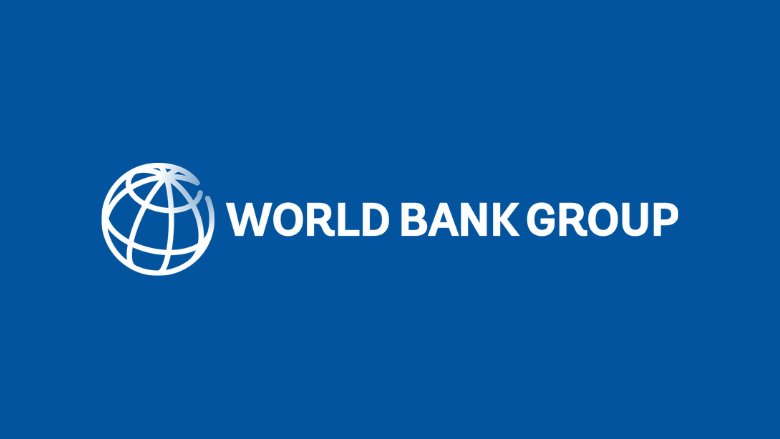The Commission is co-chaired by senior specialists from the WB and PAHO, with scholars from Johns Hopkins University from the US and the Getulio Vargas Foundation in Brazil as academic chairs.
A multidisciplinary team of experts, managers, policy makers, and civil society leaders will serve as commissioners, ensuring robust representation from LAC as well as gender balance and broad technical expertise.
During the time of work, technical and policy exchanges are planned to be conducted to promote dialogue in the region and enrich the Commission’s work, welcoming evidence and insight from stakeholders across the region and beyond


























